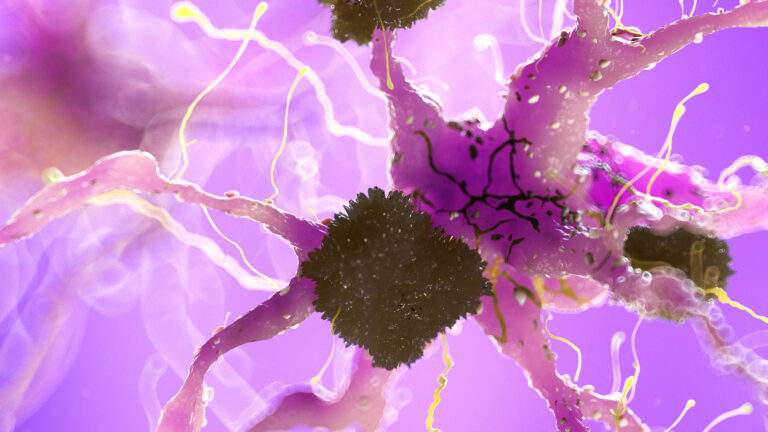The **survivability of ALS (Amyotrophic Lateral Sclerosis) in Georgia** is a complex topic influenced by many factors including the nature of the disease itself, healthcare access, patient demographics, and ongoing research efforts. ALS is a progressive neurodegenerative disease that affects nerve cells in the brain and spinal cord, leading to loss of muscle control and eventually paralysis. Understanding survivability means looking at how long patients live after diagnosis, what treatments are available, and how quality of life can be maintained.
ALS generally has a poor prognosis worldwide, with average survival ranging from 2 to 5 years after symptoms begin. However, this varies widely depending on individual circumstances. In Georgia, as in other parts of the United States, survival rates are influenced by early diagnosis, access to multidisciplinary care, and supportive therapies. The state has medical centers and ALS clinics that provide specialized care, which can help extend survival and improve quality of life.
One key factor in survivability is the availability of multidisciplinary care teams. These teams include neurologists, respiratory therapists, physical therapists, speech therapists, nutritionists, and social workers who work together to manage symptoms and complications. In Georgia, patients who have access to such comprehensive care tend to have better outcomes. For example, respiratory support such as non-invasive ventilation can significantly prolong life by assisting breathing as respiratory muscles weaken. Nutritional support is also critical, as maintaining weight and muscle mass can slow disease progression.
Research suggests that diet may play a role in ALS survivability. Some studies indicate that a diet higher in animal-based fats and proteins might help prolong survival, possibly by providing the energy needed to combat muscle wasting. While this is not a cure, nutritional strategies are part of the holistic approach to managing ALS in Georgia and elsewhere.
Genetics and molecular subtypes of ALS also affect survivability. ALS is not a single disease but a group of disorders with different underlying causes. Some molecular subtypes progress more slowly, leading to longer survival times. Research institutions in Georgia contribute to understanding these subtypes, which may eventually lead to more personalized treatments.
Community support and awareness in Georgia are growing, with events and organizations dedicated to ALS research and patient support. This social infrastructure helps patients and families cope with the disease’s challenges and connects them to resources that can improve their quality of life.
Despite advances, ALS remains incurable, and the average survival time has not dramatically changed over decades. However, ongoing research, including clinical trials and studies on the brain-gut axis and protein aggregation, holds promise for future therapies that could improve survivability.
In summary, the survivability of ALS in Georgia depends on multiple factors: early and accurate diagnosis, access to multidisciplinary care, nutritional management, genetic factors, and community support. While the disease remains fatal, these elements can help patients live longer and with better quality of life than would otherwise be possible.





